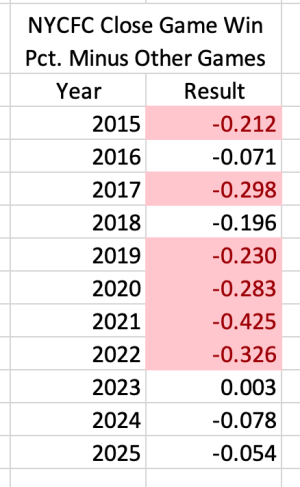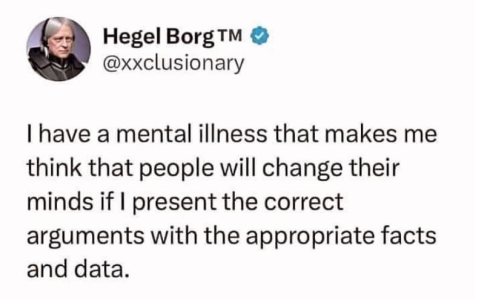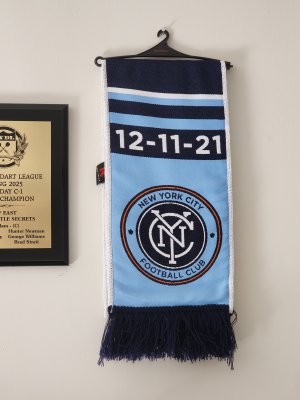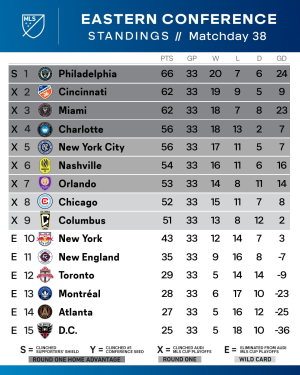Maybe NYCFC's record in close games is not as great as I thought.
Last week I noticed that NYC had the second most wins in 1-goal games, was top 3-4 in W-L ratio, and had few ties. I thought this relative excellence also meant NYCFC had an objectively good record. Then I dug some more.
I decided to compare the 1-goal game records to those in other games. I'm going to exclude the Union game result just to keep the data static as of when I first looked at this. Ignoring ties, NYC was 9-5 in 1-goal games and 8-5 in all others. In that light, the 1-goal game record looks a lot less impressive. Then I decided this needed an adjustment to account for draws. On the whole, draws are not a good result for a winning team. Situationally you might be happy to draw if you're losing late or playing a good team at their home, but in aggregate draws are bad. NYCFC has only 5 draws. Only 2 teams have fewer (Charlotte and RSL).* But we should still include them in the analysis, so I counted draws as 1/3 of a win and 2/3 of a loss. Adjusted this way, NYC's 1-goal record is 10.67W-8.33L which is actually slightly worse than the record in other games, but very close as a percentage, with a difference of 0.05.
I'm left unsure how to measure this: does it matter more that NYC has a top 3 or 4 record in close games in MLS but only top 10-12 in other games? Or is the better comparison between NYC in close games and NYC in other games? I'm still pondering.
Still, I decided to compare NYC seasons measured by the relative percentage performance in close games to the percentage performance in all other games because I had the data ready and why not.

Red entries are below average. The average is -0.20. I don't know how this compares to other teams and probably won't bother collecting the data to find out. But this is the second best NYC record in 1-goal games by this metric, so maybe it is somewhat extreme and unlikely to repeat next year.
Or, maybe Jansen is good in close games in the same way Deila was bad. The record in 2020-22 is terrible, and the 2022 split between Deila and Cushing doesn't really help Ronny much. They were both poor that year in close games.
Other thoughts:
- Excluding ties, it makes sense that good teams will have a worse record in close games because you're allowing chance to play a bigger role, and if your team is good, luck tends to make things worse.
- Once you include ties, it makes even more sense because ties are bad, especially for good teams. NYCFC has had mostly good teams.
- It does not surprise me that 2023 is the only year where close games were better than others, because 2023 was a bad team, but had a good defense, and Nick played to keep scores low, and ended with 14 ties, mostly 1-1, which is a lot. Playing for low scores means more close games means probably making luck a bigger factor, and when you're not good, that's not a terrible choice. If they played more open in 2023 it probably leads to fewer ties and more losses. It doesn't have to work out but it can. It won't make you good but it will make you slightly less worse. Still, he should have moved further from this in 2024.
I've no grand conclusion to offer. I'm leaning to believing that the 2025 team's record in close games is a bit extreme, but not nearly as much as I thought.
* Draws are also bad for the MLS tie breaker matrix, because total wins is the first element. Really bad luck for NYC that the only team we care about with respect to a potential tie-breaker is 1 of 2 teams with fewer draws.






